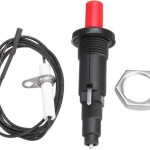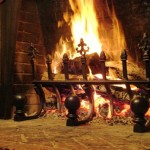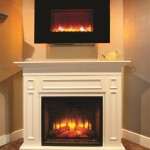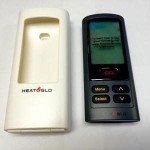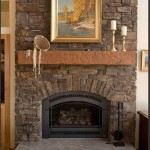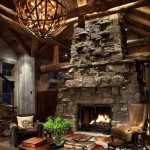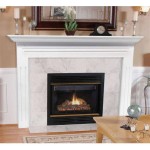Essential Aspects of Fireplace Protectors for Babies
Fireplaces add warmth and ambiance to homes, but they can also pose a significant safety hazard for babies and toddlers. The risk of burns, smoke inhalation, and other injuries is particularly high because young children are naturally curious and may not understand the dangers associated with fire. Fireplace protectors play a crucial role in mitigating these risks and ensuring the safety of young family members.
When selecting a fireplace protector, it is essential to consider several key aspects:
Material and Construction
Fireplace protectors are typically made from durable materials such as metal, glass, or mesh. Metal protectors provide the highest level of protection against burns and sparks, while glass protectors offer better visibility and do not obstruct the view of the fire. Mesh protectors strike a balance between safety and visibility, but they may not be suitable for fireplaces with large embers or high heat output.
Size and Fit
The size and shape of the fireplace protector should be appropriate for the dimensions of the fireplace opening. It is important to ensure that the protector is large enough to cover the entire opening and prevent access to the firebox. However, it should not be so large that it becomes unstable or obstructs the flow of air to the fire.
Type of Gate or Barrier
Fireplace protectors can incorporate different types of gates or barriers. Swing gates are hinged on one side and open outwards, while sliding gates move horizontally on rails. Lift-off gates are removable, allowing for easy access to the fireplace when needed. The type of gate or barrier should be based on the accessibility and ease of use desired.
Mounting Options
Fireplace protectors can be mounted in various ways. Wall-mounted protectors are attached to the wall above the fireplace, providing a secure and permanent installation. Pressure-mounted protectors use tension rods to fit snugly between the floor and ceiling, making them suitable for temporary or rental situations. Freestanding protectors are not attached to any surface, offering flexibility and portability.
Safety Features
Additional safety features to look for in fireplace protectors include automatic closing mechanisms, which prevent the gate from being left open accidentally, and heat-resistant handles or knobs to minimize the risk of burns. Some protectors also feature built-in alarms that alert caregivers if the gate is opened or if the temperature near the fireplace becomes too high.
By carefully considering these essential aspects, parents and caregivers can choose the best fireplace protector to ensure the safety of babies and toddlers while enjoying the warmth and ambiance of a cozy fire.

How To Childproof Your Fireplace Baby Proof South

How To Baby Proof A Fireplace Diy Hearth Cushion Simply September

Baby Safety Foam Soft Seat Edge Cushion Fireplace Hearth Guard Bumper Pad Child Proof Padding

Diy Baby Proofing Your Brick Fireplace Thisaveragemom

How To Baby Proof Fireplace Important Checklist

3 Ways To Baby Proof A Fireplace Wikihow

How To Baby Proof A Fireplace Diy Hearth Cushion Simply September

Baby Proof The Fireplace Hearth With A Padded Bench Childproof Cover

21 To 28 Deep By 48 60 Custom Fireplace Cushion Hearth Seat Hearthsoft Child Safety Free

Fireplace Child Pet Protection Screen South

